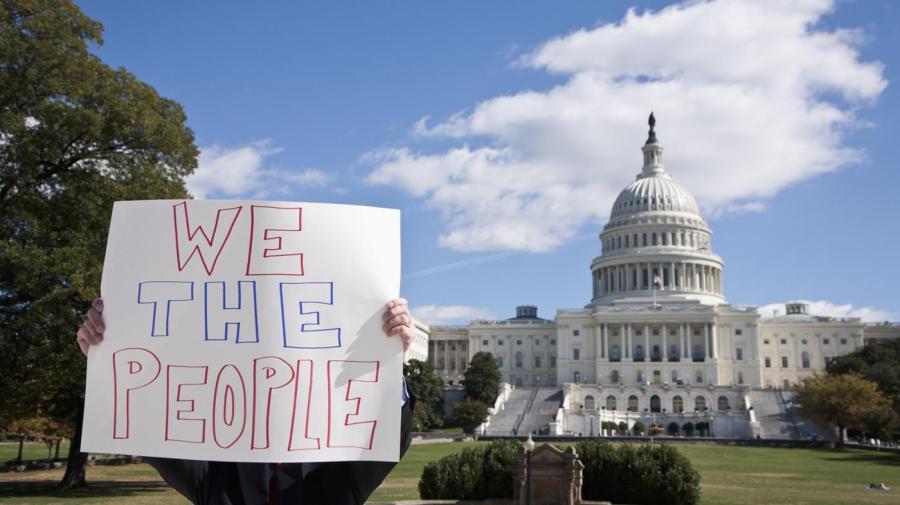Why Is It so Difficult to Amend the Constitution?

The Constitution is difficult to amend because it requires a supermajority of either members of Congress or a supermajority of state legislatures to propose a new amendment for ratification. Even after acquiring the requisite two-thirds of either group to propose the amendment, it then has to be ratified by 75 percent of the states, either by their legislatures or state Constitutional conventions.
The process of adding an amendment to the Constitution was made intentionally difficult to prevent amendments based on political whims from being irrevocably added to the Constitution. Even so, the 18th Amendment, which criminalized the sale of alcohol in the United States, was repealed by the 21st Amendment 13 years later.
There have been thousands of proposed amendments to the Constitution, but only 33 of those achieved the required supermajority to be submitted to the states for ratification. Of those, six have yet to be ratified, including amendments that would have granted the District of Columbia full representation in Congress, mandated equal rights for men and women and allowed Congress to regulate and prohibit child labor. Another notable unratified amendment is the Corwin Amendment, which has been pending since March 2, 1861 and would have rendered slavery immune to abolition by Congress or by Constitutional amendment.





